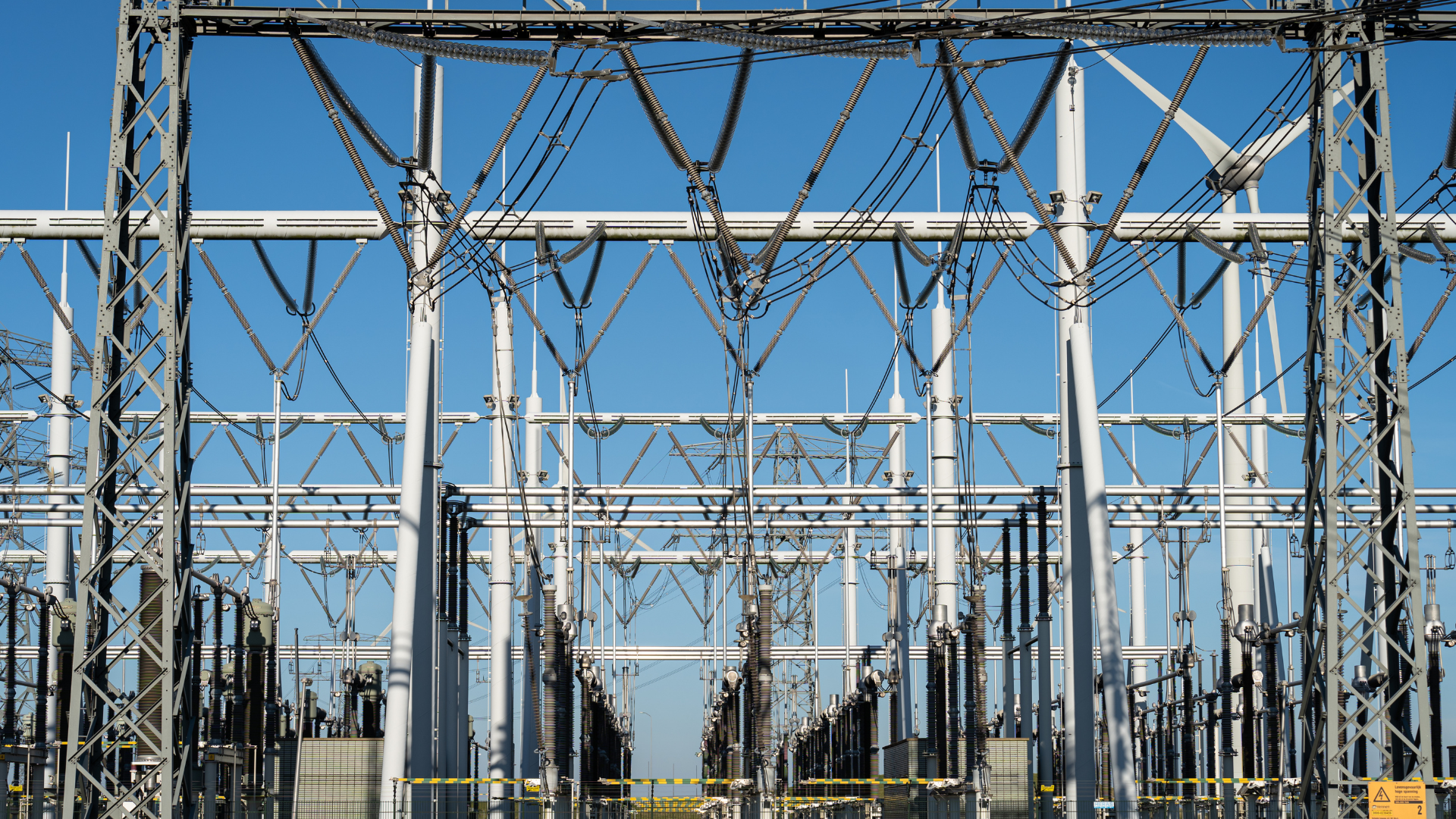Grid Modernization: Enhancing Reliability and Efficiency in Energy Delivery


Grid modernization involves upgrading the existing electrical grid with advanced technologies to improve reliability, efficiency, and resilience. This process includes the integration of smart meters, sensors, and automated control systems that provide real-time monitoring and management of the grid. By enhancing the grid's ability to detect and respond to issues quickly, grid modernization reduces outages and improves overall performance.

One of the primary goals of grid modernization is to accommodate the increasing integration of renewable energy sources. Traditional grids were not designed to handle the variability of solar and wind power, but modernized grids can dynamically adjust to these fluctuations, ensuring a stable power supply.

Additionally, grid modernization supports the growth of distributed energy resources, such as rooftop solar panels and battery storage, enabling a more decentralized and resilient energy system.Grid modernization also promotes energy efficiency by optimizing energy flow and reducing losses.

Advanced analytics and demand response programs allow for better management of energy consumption, helping to balance supply and demand. As the energy landscape continues to evolve, grid modernization will play a crucial role in creating a sustainable and reliable energy infrastructure.




